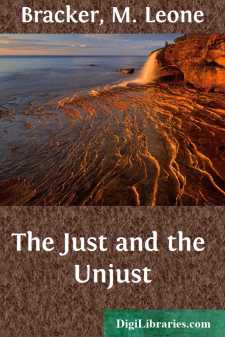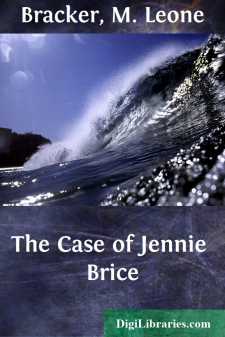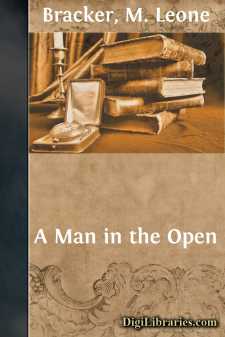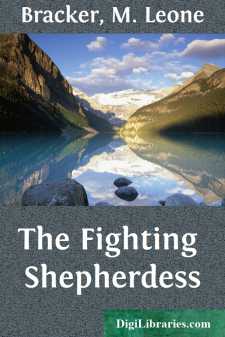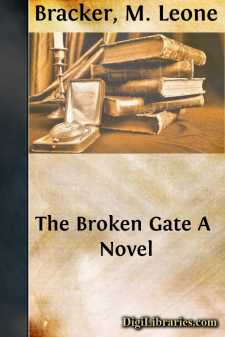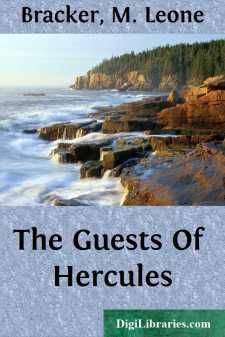Categories
- Antiques & Collectibles 13
- Architecture 36
- Art 48
- Bibles 22
- Biography & Autobiography 813
- Body, Mind & Spirit 142
- Business & Economics 28
- Children's Books 17
- Children's Fiction 14
- Computers 4
- Cooking 94
- Crafts & Hobbies 4
- Drama 346
- Education 46
- Family & Relationships 57
- Fiction 11829
- Games 19
- Gardening 17
- Health & Fitness 34
- History 1377
- House & Home 1
- Humor 147
- Juvenile Fiction 1873
- Juvenile Nonfiction 202
- Language Arts & Disciplines 88
- Law 16
- Literary Collections 686
- Literary Criticism 179
- Mathematics 13
- Medical 41
- Music 40
- Nature 179
- Non-Classifiable 1768
- Performing Arts 7
- Periodicals 1453
- Philosophy 64
- Photography 2
- Poetry 896
- Political Science 203
- Psychology 42
- Reference 154
- Religion 513
- Science 126
- Self-Help 84
- Social Science 81
- Sports & Recreation 34
- Study Aids 3
- Technology & Engineering 59
- Transportation 23
- Travel 463
- True Crime 29
The Just and the Unjust
by: M. Leone Bracker
Description:
Excerpt
FIGHTING SHRIMPLIN
Custer felt it his greatest privilege to sit of a Sunday morning in his mother's clean and burnished kitchen and, while she washed the breakfast dishes, listen to such reflections as his father might care to indulge in.
On these occasions the senior Shrimplin, commonly called Shrimp by his intimates, was the very picture of unconventional ease-taking as he lolled in his chair before the kitchen stove, a cracker box half filled with sawdust conveniently at hand.
As far back as his memory went Custer could recall vividly these Sunday mornings, with the church bells ringing peacefully beyond the windows of his modest home, and his father in easy undress, just emerged from his weekly bath and pleasantly redolent of strong yellow soap, his feet incased in blue yarn socks—white at toe and heel—and the neckband of his fresh-starched shirt sawing away at the lobes of his freckled ears. On these occasions Mr. Shrimplin inclined to a certain sad conservatism as he discussed with his son those events of the week last passed which had left their impress on his mind. But what pleased Custer best was when his father, ceasing to be gently discursive and becoming vigorously personal, added yet another canto to the stirring epic of William Shrimplin.
Custer was wholly and delightfully sympathetic. There was, he felt, the very choicest inspiration in the narrative, always growing and expanding, of his father's earlier career, before Mrs. Shrimplin came into his life, and as Mr. Shrimplin delicately intimated, tied him hand and foot. The same grounds of mutual understanding and intellectual dependence which existed between Custer and his father were lacking where Mrs. Shrimplin was concerned. She was unromantic, with a painfully literal cast of mind, though Custer—without knowing what is meant by a sense of humor, suspected her of this rare gift, a dangerous and destructive thing in woman. Privately considering her relation to his father, he was forced to the conclusion that their union was a most distressing instance of the proneness of really great minds to leave their deep channels and seek the shallow waters in the every-day concerns of life. He felt vaguely that she was narrow and provincial; for had she not always lived on the flats, a region bounded by the Square on the north and by Stoke's furniture factory on the south? On the west the flats extended as far as civilization itself extended in that direction, that is, to the gas house and the creek bank, while on the east they were roughly defined by Mitchell's tannery and the brick slaughter-house, beyond which vacant lots merged into cow pastures, the cow pastures yielding in their turn to the real country, where the level valley rolled up into hills which tilted the great green fields to the sun.
Mrs. Shrimplin had been born on the flats, and the flats had witnessed her meeting and mating with Shrimplin, when that gentleman had first appeared in Mount Hope in the interest of Whiting's celebrated tooth-powder, to the use of which he was not personally committed....


